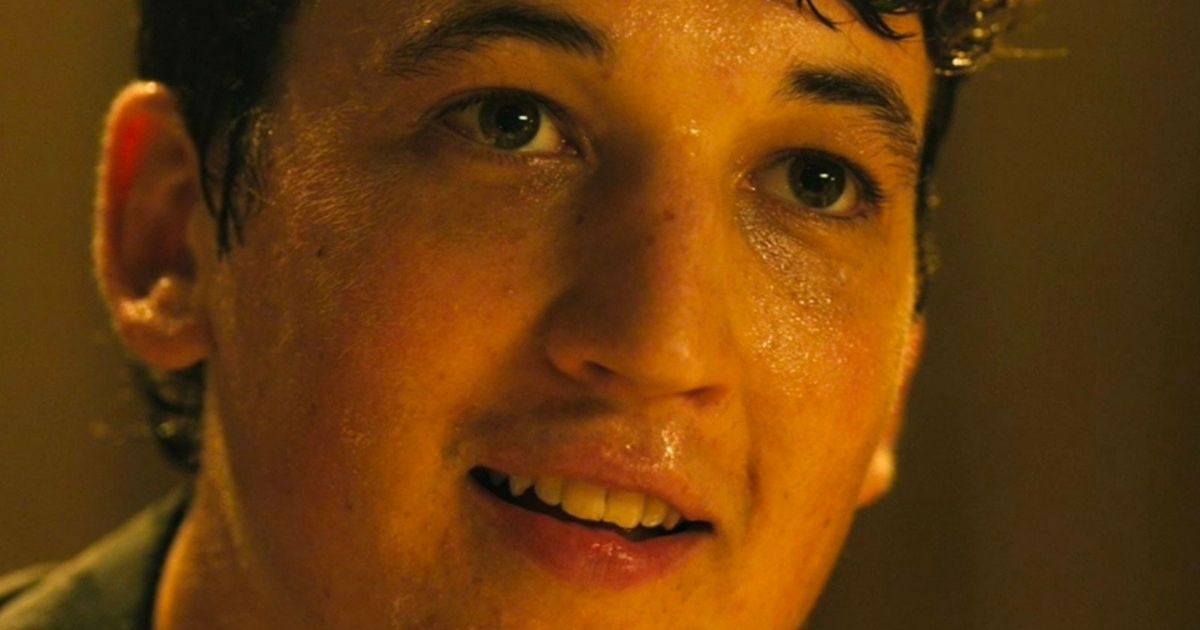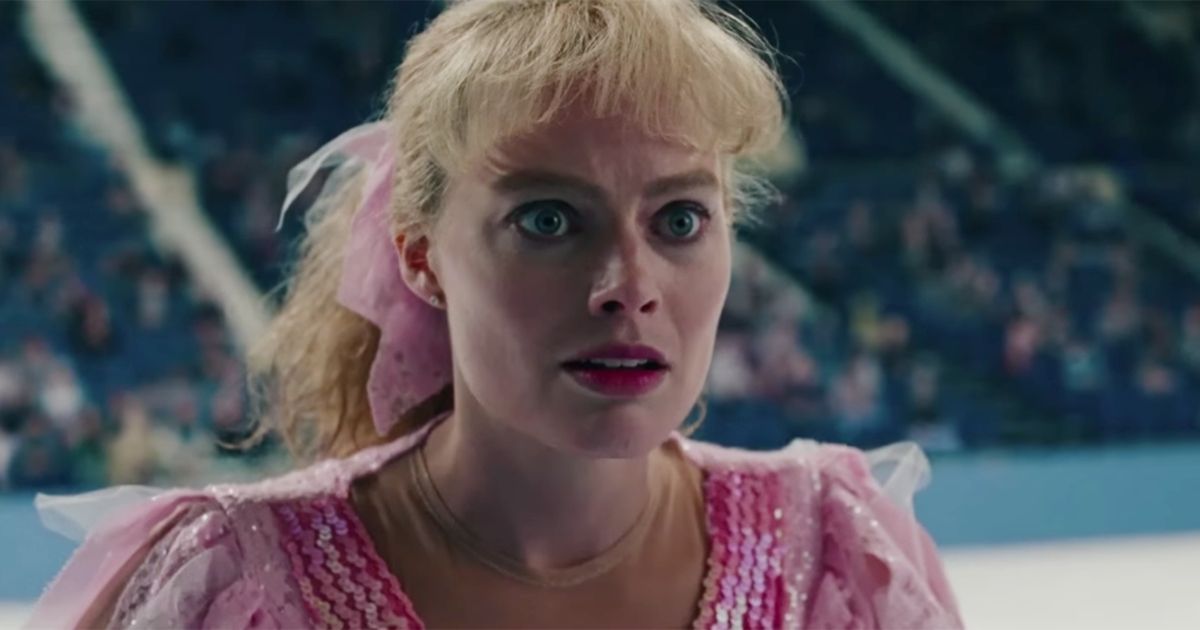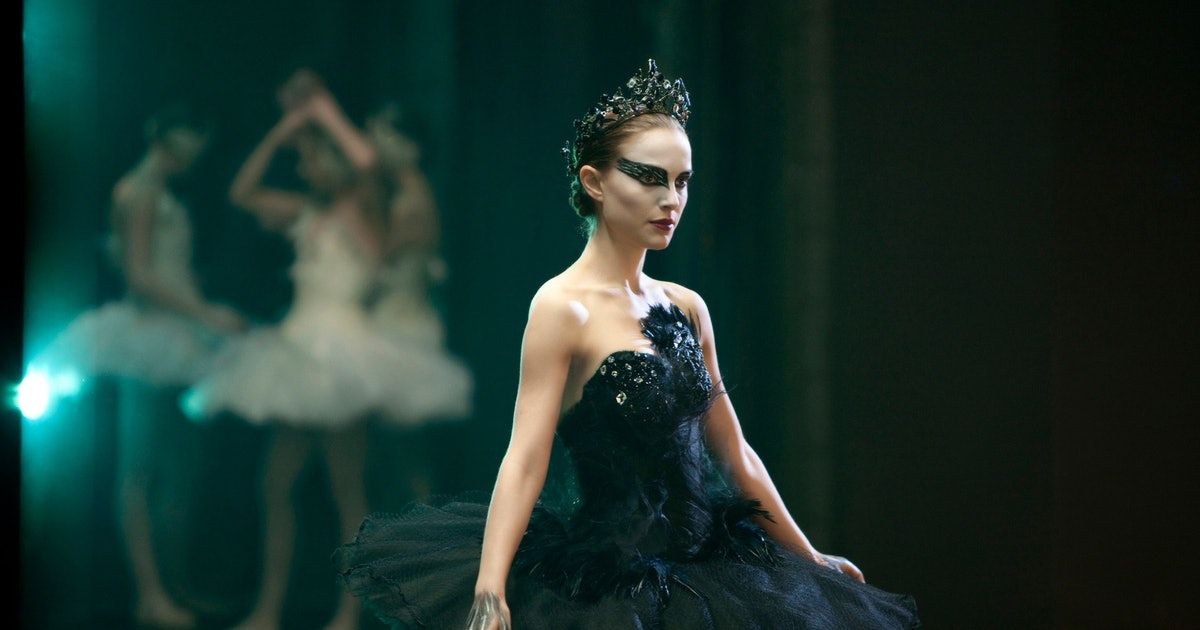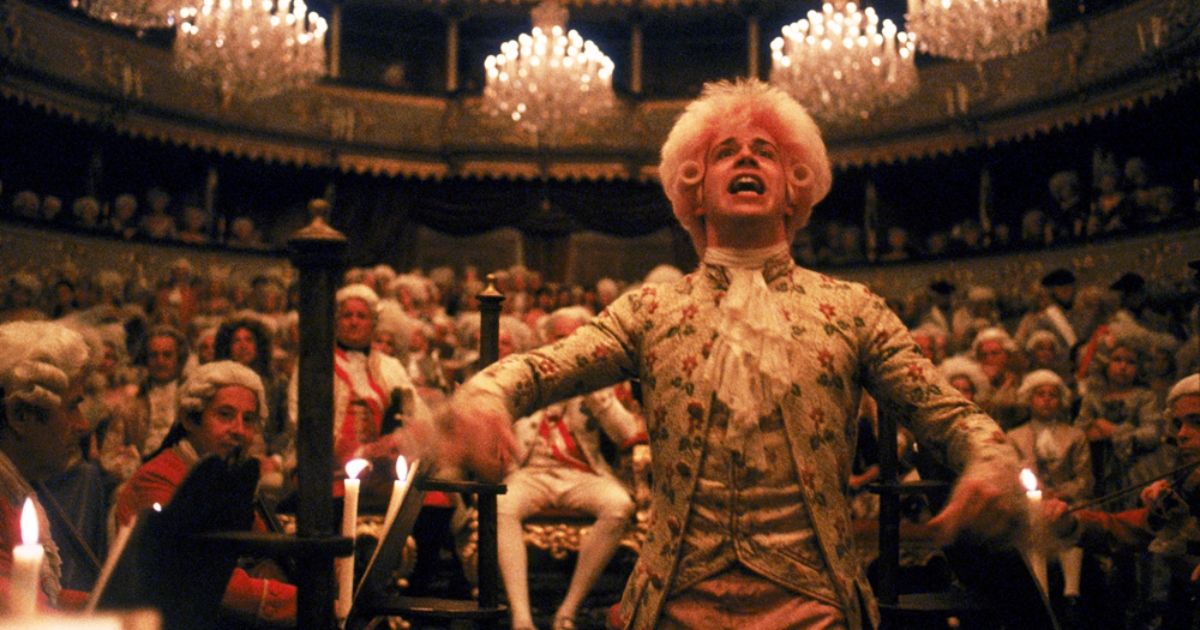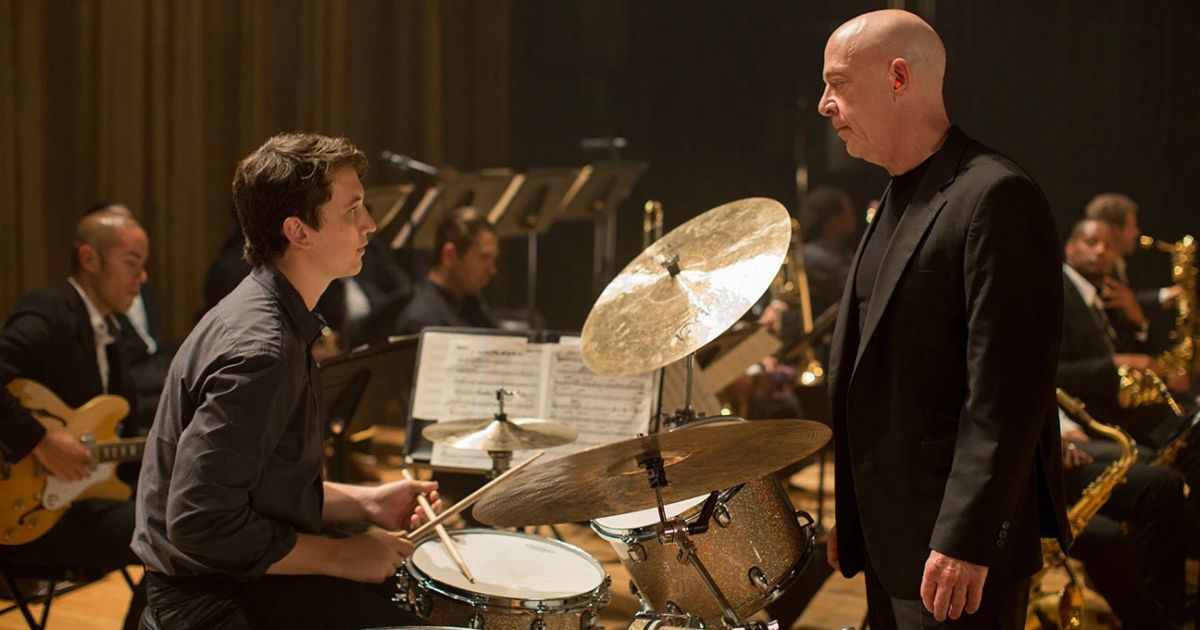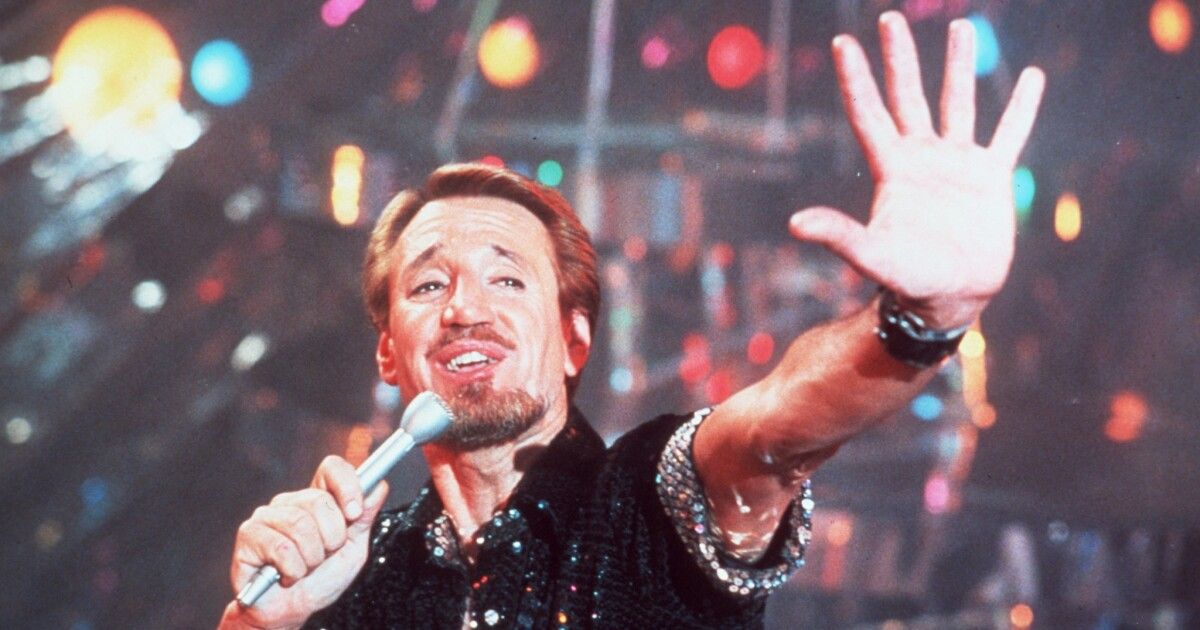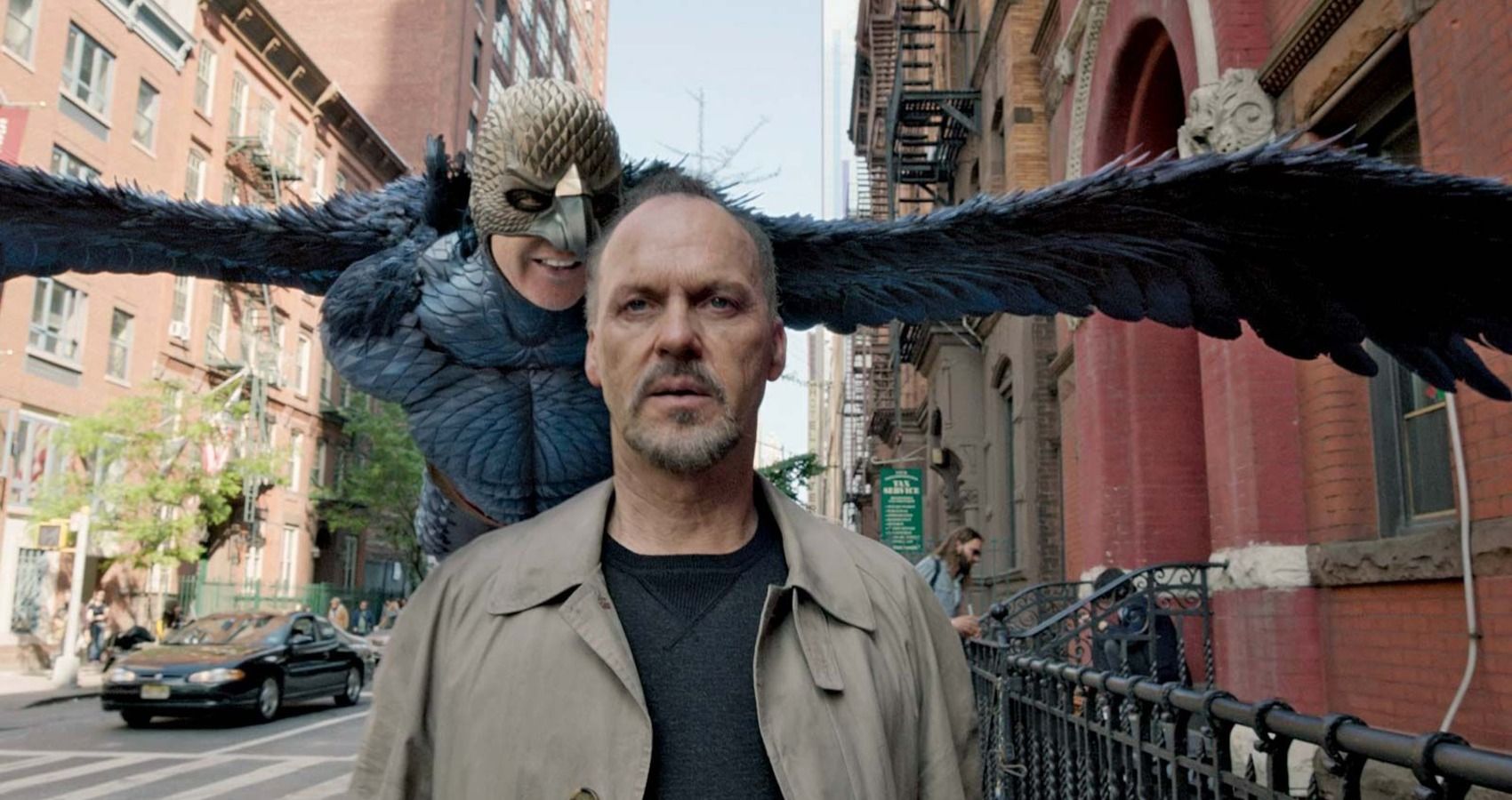Ever since its inception in classic Hollywood films like The Red Shoes, the “obsessive artist” trope has become an extremely popular one throughout film. Often, the protagonists of these films serve as inspiration for viewers, pushing us to strive towards our own ideals of success and prosperity. However, just as frequently, the “obsessive artist” is a walking cautionary tale — a troubled perfectionist who loses their grip on reality and sense of balance in life. They remind us that there is great danger in being great.
There isn't a genre of film that the obsessive artist trope hasn’t touched in some way. For example, Martin Scorsese’s iconic 1982 comedy The King of Comedy sees Robert De Niro, as part of the group, as an off-the-wall “comic” whose path to the spotlight might involve some light crime. On the other hand, Dan Gilroy’s 2014 psychological thriller Nightcrawler sees a very different sort of obsessive artist — a photographer whose drive towards crime isn’t merely accidental. In either of these film’s cases, their protagonists offer us much to learn about the nature of art and creativity, and the many lines between limitations and expectations.
Here are some of our go-to films about obsessive artists.
6 I, Tonya (2017)
This Craig Gillespie mockumentary-drama sees Margot Robbie, in one of her best performances yet, as former Olympic figure skater Tonya Harding, who is most remembered for her infamous assault on fellow skater Nancy Kerrigan. The film is as much a scathing satire on Olympic culture and media buffoonery as it is a reflective tale on the famous incident and Harding’s life. What makes I, Tonya such a cinematic marvel is its ability to blend these genre elements together in order to craft a haunting, fully realized version of Harding. Viewers bear witness not only to the uncanny lengths she would go to advance her skating career, but also to how this was both caused by and affected all of her relationships throughout her life. Robbie’s performance is truly stand-out in that it mirrors Harding’s own devotion; she learned to skate like Harding and also was one of the film’s main producers.
5 Black Swan (2010)
Natalie Portman stars in this Darren Aronofsky psychological thriller that blurs the lines between reality and psychosis, as perhaps no other film has since. Black Swan follows Portman as a sheltered ballerina whose dancing controls every aspect of her life, until, amid her company’s production of Swan Lake, she is “transformed” maybe beyond a point of conceivable return. As is typical of Aronofsky, the film is dark and brooding, but also creates a deeply personal, unflinchingly intimate portrait of Portman’s character and her many sides.
4 Amadeus (1984)
Milos Forman’s Best Picture-winning Amadeus is nothing short of irreverent in its unconventional approach to Mozart. What makes the film so different from other biopics is that it tells Mozart's legendary story through the perspective of his long-standing nemesis, Salieri — not that Mozart ever knew how much the latter despised him. Through Salieri’s (played by the inimitable F. Murray Abraham) ever-envious eyes, we see just how deeply devoted Mozart was to the project of his music. His artistic devotion renders him essentially impervious to Salieri’s schemes, until Mozart can physically no longer ignore them.
3 Whiplash (2014)
As intense as any film about boxing or bank heists, Damien Chazelle’s Whiplash was the director’s dazzling debut that many now consider horror. Although the film is often remembered for its staggering performance by J.K. Simmons, Miles Teller’s performance as an ambitious young jazz drummer should not go unnoticed. Part of what makes the film so unforgettably intense is Teller’s ability to capture the seductive side of Fletcher’s (Simmons) rhetoric. Neyman (Teller) is so enticed by the idea of being great, or, in his words, “one of the greats,” that he is willing to tolerate psychological abuse and devote himself entirely to drumming, at the expense of his friends, family, and own wellbeing. Whiplash tirelessly reminds us that all approval comes with a cost, even if it feels so priceless in the moment.
2 All That Jazz (1979)
All That Jazz is a 1979 semi-autobiographical film about Broadway iconoclast Bob Fosse, directed by none other than the legend himself. Starring Roy Scheider in an Oscar-nominated performance, the film sees Fosse as fictional theater director Joe Gideon. A workaholic and perfectionist, but also a chain-smoking, womanizing hedonist, Gideon wakes up every day to a Vivaldi tape, Dexedrine, Alka-Seltzer and a declaration of “It’s show-time, folks!” into the mirror. As the film progresses it becomes clear to viewers, and everyone in Gideon’s life, that he would sacrifice anything for his art, even his own health and sanity. Fosse expertly blends Gideon’s story with haunting dream and hallucination sequences that capture the artist’s imagination and inner torment alike.
1 Birdman (2014)
Birdman is a high-flying tale about artistry and what it really means to be relevant in today’s society. Starring Michael Keaton as movie-star-turned Broadway director Riggan, or “Birdman,” the film is another entry into the questioning-reality canon, with plenty of hallucinatory action sequences and fantasy sequences alike. The film, which is delivered in one long, seamless shot, follows Riggan in the final days of production on his Raymond Carver Broadway adaptation. Riggan considers himself something of a hack not cut out for Broadway, as the only thing he’s really been known for is playing Batman-spoof “Birdman” years prior. The more Riggan’s sense of inner-doubt rises, the more and more he becomes unable to separate himself from his art. Keaton, Iñárritu, and Birdman’s wide cast of supporting characters all capture a feeling everyone has experienced at least once: how do we not just accomplish something that matters, but that really matters to us?

